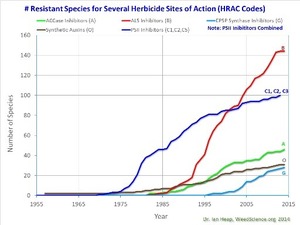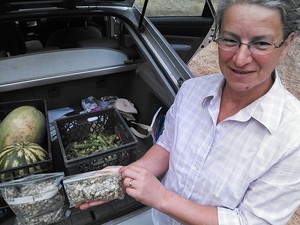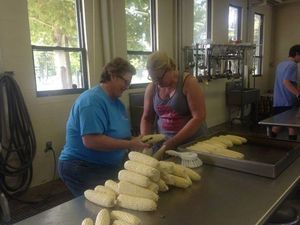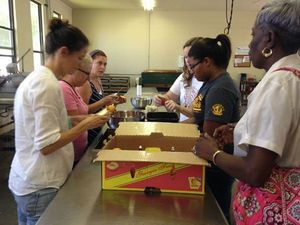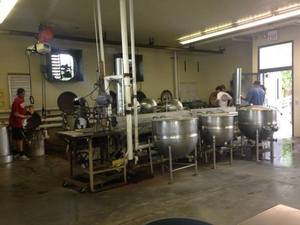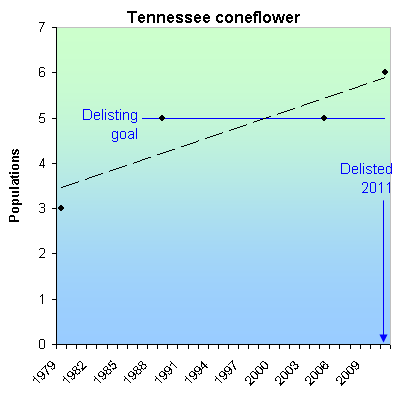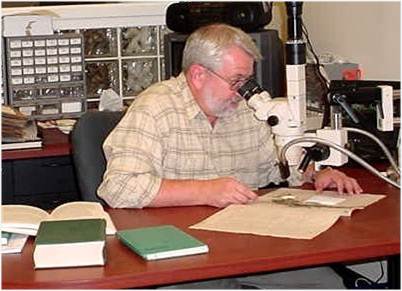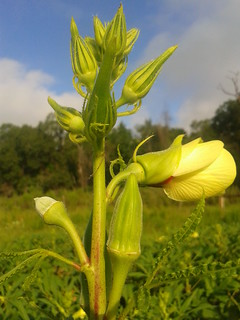 Well, this is unexpected.
Recent research shows a compound in okra
“promotes selective antitumor effects in human breast cancer cells and may represent a potential therapeutic to combat human breast cancer.”
Well, this is unexpected.
Recent research shows a compound in okra
“promotes selective antitumor effects in human breast cancer cells and may represent a potential therapeutic to combat human breast cancer.”
Here’s the abstract,
Biotechnol Lett. 2014 Mar;36(3):461-9. doi: 10.1007/s10529-013-1382-4. Epub 2013 Oct 16.
Lectin of Abelmoschus esculentus (okra) promotes selective antitumor effects in human breast cancer cells.
The anti-tumor effects of a newly-discovered lectin, isolated from
okra, Abelmoschus esculentus (AEL), were investigated in human
breast cancer (MCF7) and skin fibroblast (CCD-1059 sk) cells. AEL
induced significant cell growth inhibition (63 %) in MCF7 cells. The
expression of pro-apoptotic caspase-3, caspase-9, and p21 genes was
increased in MCF7 cells treated with AEL, compared to those treated
with controls. In addition, AEL treatment increased the Bax/Bcl-2
ratio in MCF7 cells. Flow cytometry also indicated that cell death
(72 %) predominantly occurred through apoptosis. Thus, AEL in its
native form promotes selective antitumor effects in human breast
cancer cells and may represent a potential therapeutic to combat
human breast cancer.
Don’t get your hopes up about that 72% figure: that seems to be
that when cancer cell death occurred, 72% of it was related,
not that 72% of cancer cells were killed.
The 63% cancer cell growth inhibition does seem promising, though.
There are even hints in another paper that okra may be related to lower rates of prostate cancer: Continue reading →
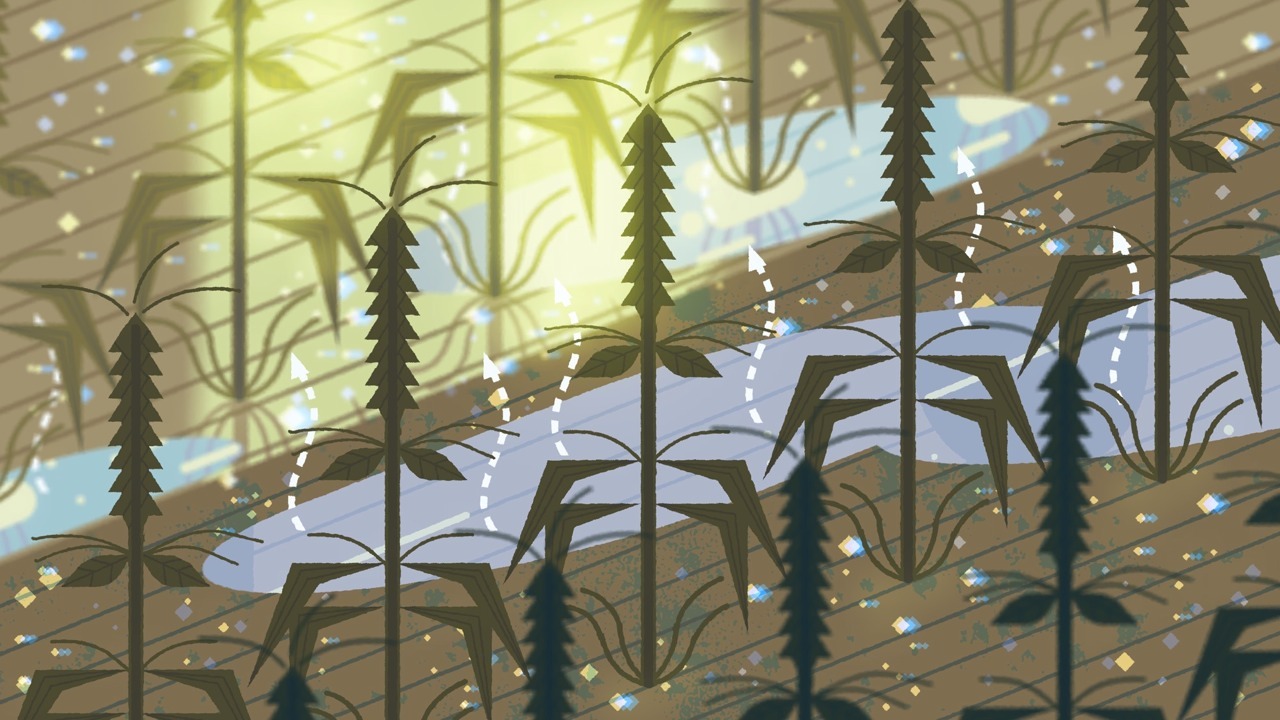 Another Cosmos script Neil deGrasse Tyson read maybe he should have paid
more attention to regarding the situation with short-sighted
corporate monopolies misusing cherry-picked science to promote
their profits at the expense of all of us and the only planet we’ve got.
Another Cosmos script Neil deGrasse Tyson read maybe he should have paid
more attention to regarding the situation with short-sighted
corporate monopolies misusing cherry-picked science to promote
their profits at the expense of all of us and the only planet we’ve got.
